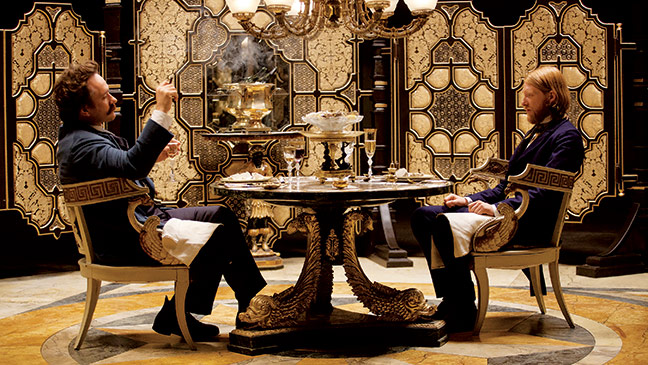Anna Karenina is a masterpiece for good reason, standing the test of time as an enduring book club favorite. captivating readers across generations with rich character development, exploration of human nature, and timeless themes. Leo Tolstoy’s magnum opus immerses readers in 19th-century Russia, presenting a narrative that transcends its era. Its profound examination of love, society, morality, and the human condition perpetually resonates in the hearts and minds of readers, offering a deep well of discussion points for book clubs. The novel’s sprawling yet interconnected storyline, marked by the lives of characters Anna, Levin, Karenin, among others, unfolds into a vivid portrayal of love’s complexities, societal pressures, moral dilemmas, and the consequences of human choices.
Tolstoy’s narrative brilliance is what makes Anna Karenina a stunningly gorgeous novel, inviting readers to delve into its pages and emerge with a deeper understanding of the complexities of life, love, and the human experience. The length of the novel, rather than being daunting, offers a treasure trove of discussions and insights, ensuring that it is well worth the investment of a reader’s time.
Book Club Questions:
1. How do the societal pressures faced by Anna and Levin mirror the contemporary expectations placed on individuals in relationships and careers?
2. In what ways does the pursuit of personal happiness intersect with societal norms today, paralleling the struggles faced by Anna and Levin?
3. Analyze the psychological complexities of Anna’s character and draw parallels to the challenges individuals face in navigating mental health issues in the modern world.
4. How do technological advancements and instant communication affect modern relationships, echoing the challenges faced by characters like Anna dealing with gossip and societal scrutiny?
5. Discuss the themes of identity and self-discovery in the novel. How do they resonate with the ongoing quest for self-actualization and authenticity in today’s society, similar to Anna and Levin’s journeys?
6. Explore the concept of forgiveness and its significance in relationships today, considering the parallels with the experiences of characters like Anna, Karenin, and Levin.
7. How does the contrast between urban and rural life portrayed in the book relate to the ongoing societal divide between city and countryside, even in modern times, as experienced by Levin and others?
8. Discuss the role of feminism and women’s agency in Anna Karenina and draw connections to contemporary movements advocating for gender equality and empowerment, akin to Anna’s challenges.
9. How do the novel’s discussions on societal judgment and ostracization align with the cancel culture prevalent in today’s social media-driven society, similar to Anna’s social exclusion?
10. Analyze the impact of wealth and privilege on the characters’ lives in the novel. How does it echo present-day issues surrounding wealth inequality and its effects on relationships and societal status, similar to Anna and Vronsky’s world?
11. Explore the theme of infidelity in Anna Karenina and its parallels with the complexities of modern relationships, considering changing societal attitudes toward monogamy and commitment, like those experienced by Anna and Vronsky.
12. Discuss the role of religion and spirituality in the characters’ lives and its relevance in today’s secular and diverse society, as seen through Levin’s spiritual journey.
13. How does the theme of love versus societal expectations depicted in the novel relate to modern challenges faced by individuals in pursuing authentic relationships amidst cultural norms, similar to Anna’s struggles?
14. Explore the motif of isolation and alienation experienced by characters. How does it reflect the contemporary loneliness prevalent in a hyperconnected yet often isolating world?
15. In what ways do the characters’ moral dilemmas resonate with the ethical complexities faced by individuals today, especially in navigating personal and professional integrity?
16. Discuss the significance of self-reflection and personal growth in the novel and draw parallels to the importance of mindfulness and mental well-being in today’s fast-paced world, as experienced by Levin.
17. Explore the theme of individualism versus conformity and its relevance in contemporary society’s emphasis on authenticity and conformity.
18. Analyze the consequences of impulsive decision-making in the novel and draw connections to the complexities of making choices in today’s fast-changing and unpredictable world, akin to Anna and Vronsky’s impulsive actions.


